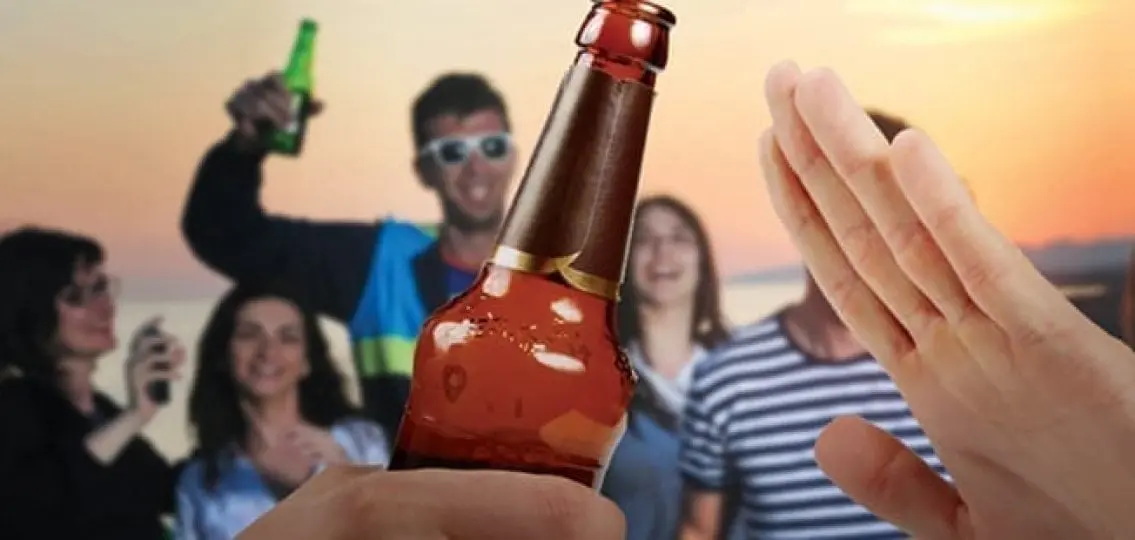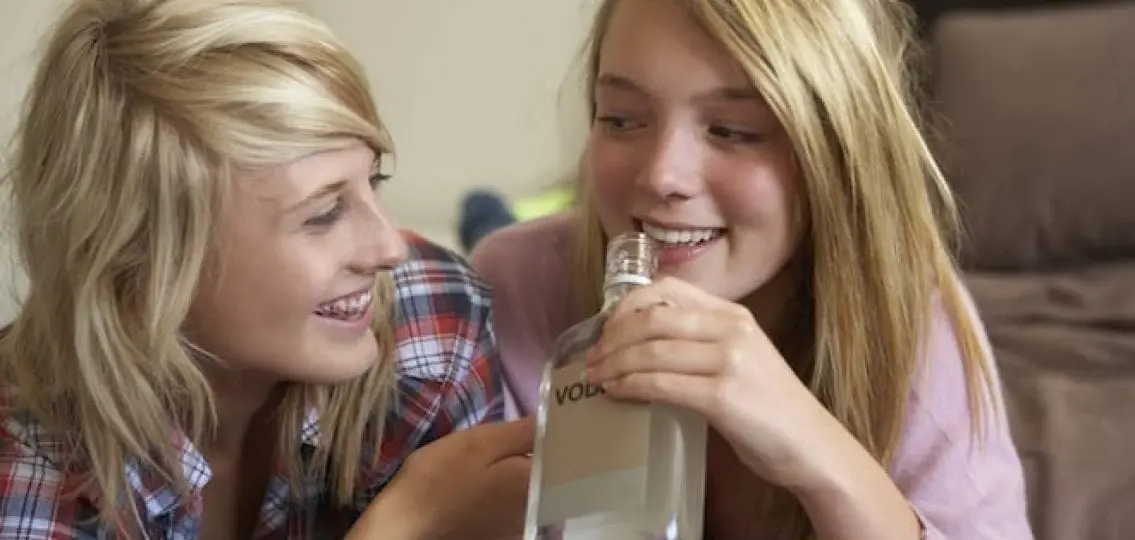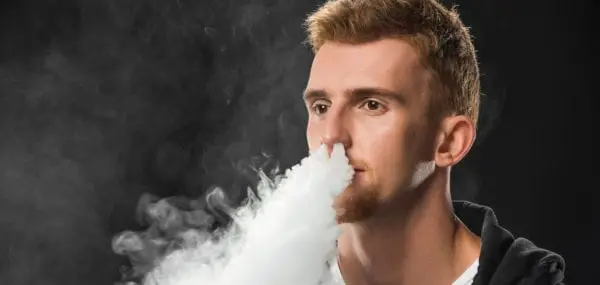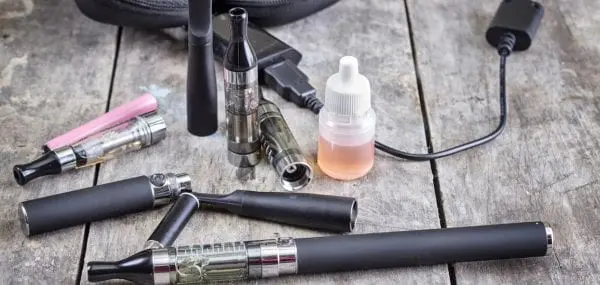You probably don’t need any stats to know that many teenagers drink alcohol. But just in case, here you go. According to the National Institute on Alcohol Abuse and Alcoholism, about 33 percent of teenagers have had at least one drink by the time they turn 15. And that number increases to 60 percent by the time they reach 18.
But here’s what the stats can’t answer: Why do teens drink?

Teens Want to Feel Grown Up
Many experts will tell you that peer pressure is the number one reason for underage drinking. And, yes, some teens do fall prey to this. Peers can be relentless when they want others to conform to their standards.
But in my years working with teens, I’ve come to believe that the number one reason teens start drinking is simple: they want to feel grown up.
Around age 16, teens hit the point where they don’t see themselves as kids anymore. They begin to realize that adulthood is fast approaching and they are impatient. They are anxious to become more mature and to be seen as more mature.
Unfortunately, for many teens, alcohol has become a sign of adulthood.
Being Grown Up Isn’t About Drinking
Our job is to show them alternatives.
When a teenager has guidance and mentorship in an environment where they are treated like an adult, massive changes begin to occur. With the proper support, these teens realize they don’t need alcohol to live in their best state possible. They need healthy relationships to begin the process of growing up. Then they can begin to adjust their lives toward what is possible, and they make the choice to start living grown up, in a healthy way.
Unfortunately not all teens are lucky enough to have guidance from parents or other mentors. Some teens struggle mentally, emotionally, and physically. They feel lost, grasping to make sense out of their lives. They want to feel grown up, yet they still feel like a child. For many, that’s when they turn to alcohol.
In my own practice, I am working with a 16-year-old highly anxious boy who has been masking his anxiety with alcohol. He is extremely intelligent, but his joy for school has been vanishing and his grades have been falling. In our meetings, he talks about the pressures to drink and how it is affecting his life. He struggles with wanting to feel both grown up and like a teenager. While he says that drinking did not bring much value to his life, he continued because of his social group and to ease his anxiety. He wanted meaningful connections with people who mattered and felt that drinking would help him accomplish that goal.
Over the next several months, I was able to work with him to establish his identity without the presence of alcohol in his life. We established the following goals:
- Surrounding himself with the right people. Not the ones that set him back.
- Setting clear goals. What does he want moving forward in his life?
- Building confidence. Listening to his intuition.
- Engaging with his parents on a more mature level.
Teens simply want to feel grown up, and there are certainly ways you can foster that feeling. As you facilitate your teen’s path to independence, let him know that you are always there to help and support him. Loosen your grip on the reins, and let them make some decisions on their own. You can ask them if they want advice, but be willing to withhold if they say they don’t want it. Affirm their good decisions and keep the lines of communication open.
Have discussions about preparing for life as an adult. Offer suggestions to help with the transition, like perhaps getting a part-time job, saving money, planning for college, and so on.
You should also have a heart-to-heart when it comes to underage drinking.
Assure your son or daughter that they are actually acting more responsibly when they turn down alcohol than if they were to drink.

Start to establish a strong relationship that is built on trust. When your teen sees you as their trusted advisor, they’ll be more likely to come to you when they have a real concern about a tough issue. When they trust you, you’ll have a chance to guide them through adolescence and into emerging adulthood.




